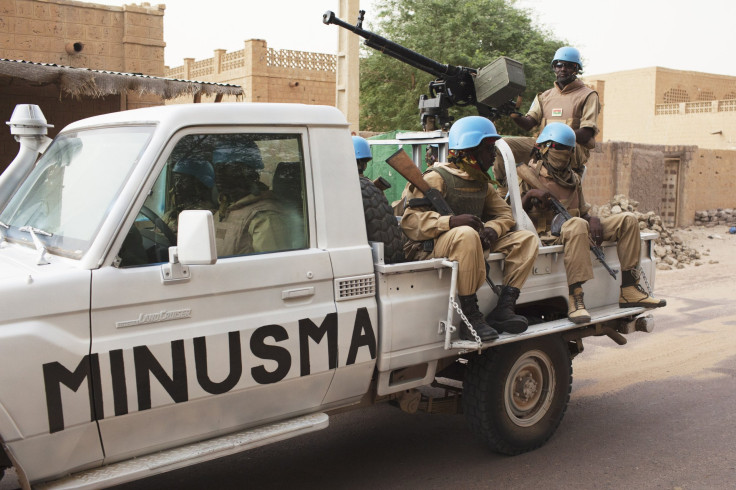
Violence in Mali continued Saturday following days of exchanging gunfire between army and rebel forces. Two people were killed as suicide bombers detonated their vehicle in Timbuktu near a military camp, injuring seven. Mohamed Ibrahim Cisse, the president of the local regional assembly, said casualties were not to only result of the explosion as it caused structural damage in the area. "In the town, the explosion caused several houses to collapse, which resulted in at least three civilians coming to the emergency room at Timbuktu's hospital," he said. The Malian army was allowed to return to the region in July after a March 2012 coup caused chaos in the region. It was then that separatist rebels and jihadists, including some with links to al-Qaeda, took portions of the region of Tuareg.
"The force of the explosion was so strong that the wall and the gate of the camp were razed, and another house fell in the city because of the earthquake caused by the explosion. I saw an ambulance come to take people to the hospital," resident Abdoulaye Cisse said of the attack. He told reporters that he spotted the idle truck before it exploded. The attack was centralized near Djingareyber Mosque, a UNESCO World Heritage site. Bert Koenders of the UN mission in the area said the organization would continue to support Mali and its people. Irina Bokova of UNESCO said that it is committed to protecting the site, condemning the act and its destructive nature, which could have severely damaged the site. "UNESCO is determined more than ever to pursue the work of rehabilitating the cultural heritage of Mali and safeguarding its ancient manuscripts," Bokova said.
© 2025 Latin Times. All rights reserved. Do not reproduce without permission.




